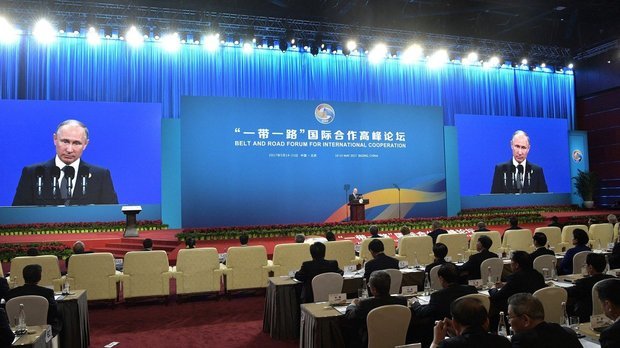''For global supply, it has been a good thing''
How a deal on the Caspian’s legal status may affect the world's energy export
An agreement on the Caspian Sea's status has not only settles the protracted territorial dispute between Russia, Iran, Kazakhstan, Turkmenistan and Azerbaijan but also allowed undersea pipeline development in the region. According to industry analysts, the change will attract additional investment.
A semblance of order finally seems to have arrived along the Caspian, considers The New York Times, as the Convention on the Legal Status of the Caspian Sea has potentially cleared the way for new pipelines to ease export bottlenecks. The status of the world's largest inland body of water has been unclear for decades. Initially, the basin was regarded by Iran and the Soviet Union as a lake, so their maritime territories were neatly divided by a border. After the collapse of the USSR, Kazakhstan, Turkmenistan and Azerbaijan also claimed their rights to the territory and proposed to treat it like a sea.
The agreement signed by the border states on 12 August treats the surface of the Caspian as international water and divides the seabed into territorial zones. Besides, it allows undersea pipelines, which are essential for Eurasian energy politics but unfavourable for Russia, as it hopes to keep the existing energy trade routes in place. ''Russia remains very, very keenly focused on market share in its critical export market today in Europe,'' commented Jonathan Elkind from Columbia University's Center on Global Energy Policy. Contrariwise, the strategy pursued by the European Union and the United States seeks to keep open an energy export window in the South Caucasus region, between Russia and Iran.

Some analysts assume that it was not persistent Western pressure but rising trade competition from China's One Belt, One Road policy that prompted Russia to resolve the Caspian's status after more than 20 years of objection. China's new policy has diverted Central Asian trade not to Russia but to Iran, while part of the region's energy export has gone to China instead of Russia because of difficulties exporting over the Caspian Sea. However, Russia has left itself a loophole to limit future pipeline development, as states have to consult on ecological risks before launching new pipelines.
Anyway, settling the sea's status can free up additional Caspian investment, believes Ashley Sherman, principal research analyst for the Caspian and Europe at Wood Mackenzie. Analysts see most of the benefit for oil companies in areas that might be freed from Iranian claims under the treaty. According to the United States Geological Survey, most of the basin's undiscovered oil and natural gas is concentrated in these regions.
Oil and natural gas production from the Caspian area is estimated at two million barrels of oil equivalent per day. It can help global markets compensate for potential supply disruptions in the Middle East. ''For global supply,'' considers Jonathan Elkind, ''it has been a good thing.''